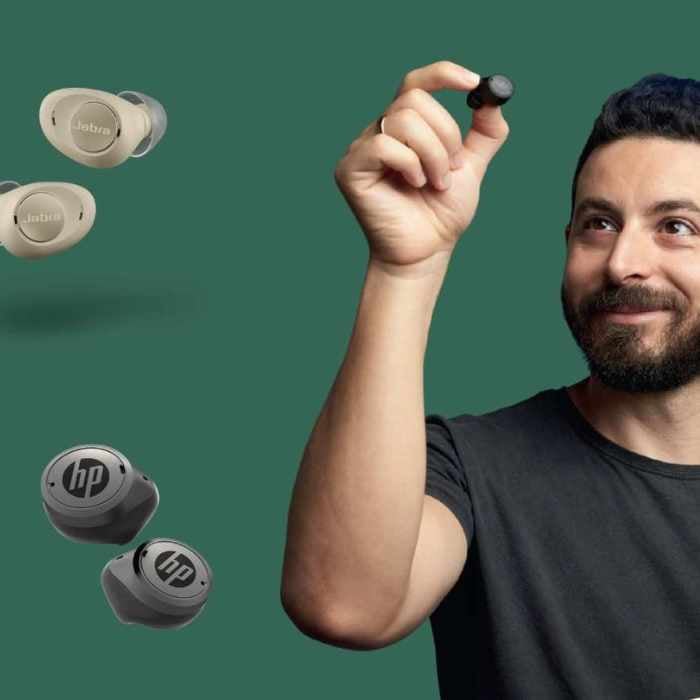Wearable tech is everywhere, from the latest Apple Watch to the futuristic wearable glucose monitor from Levels. Tech journalists like to call this new class of devices "wearables."
Recently I started hearing a new term, "hearables." The word describes a new category of intelligent, multifunctional devices we wear in our ears.
Most commonly, the term "hearables" describes products that are one part hearing aid and one part headphone.
Let's take a closer look at hearables, what they promise and which brands are leading the way.
What are hearables?
The word "hearables" isn't in the dictionary, but most people agree that the word describes multifunctional headphones. You can think of a hearable as a headphone with superpowers.
Typically a hearable device combines Bluetooth streaming with hearing-aid-like features or health-tracking information.
Most often, you'll see the term used to describe hearing aids that look like headphones or share consumer electronics feature sets.
Hearables Vs. OTC Hearing Aids
Here is where things get a little confusing. In late 2022 the FDA made some hearing aids available over the counter. Many "hearables" of the past are now marketed as OTC hearing aids.
So are hearables and OTC hearing aids the same thing? Yes, most of the time. To illustrate what I mean, let's look at the top "hearable" products on the market.
The 4 Best Hearables On The Market in 2023
#1. Jabra Enhance Plus
Smart Headphones From a Leading Manufacturer
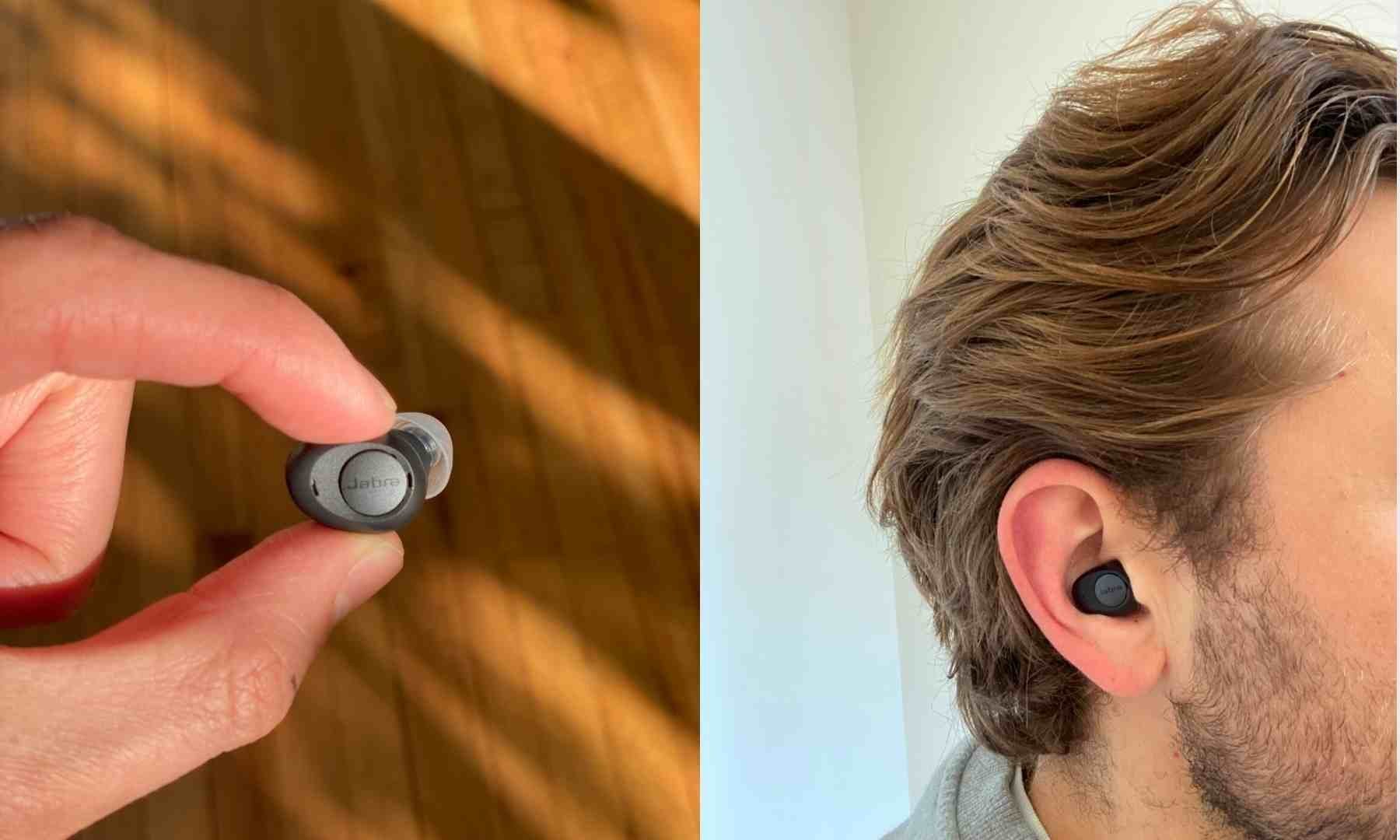
Jabra Enhance Plus is the quintessential hearable. The product is made by a leading consumer brand (Jabra) with the ethos of its hearing health focused parent company (ReSound). Jabra Enhance Plus is self-customized to your hearing loss and can alternate between amplifying the sounds around you, playing music and podcasts or both. You can read my full review of Jabra Enhance Plus here. It hasn’t replaced my hearing aids, but it offers a great starting point for someone who isn’t ready to take the lead and needs support in specific situations.
- The Reason Jabra Enhance Plus Makes This List: This product comes from one of the global leaders in hearing health and the amplification is truly impressive. The sound quality of music and podcasts is also impressive.
- Style: Earbud / hearing aid hybrid (registered as an OTC hearing aid)
- Bluetooth Capabilities: Connect to iPhone and Android devices, stream music, hands-free phone calls, adjust volume and programs through the app or by pressing buttons on the devices
- Price: $799 for a pair
See a Full Breakdown of Jabra Enhance Plus here
#2. Sony CRE-E10
Audiology-Grade Sound With Bluetooth Streaming
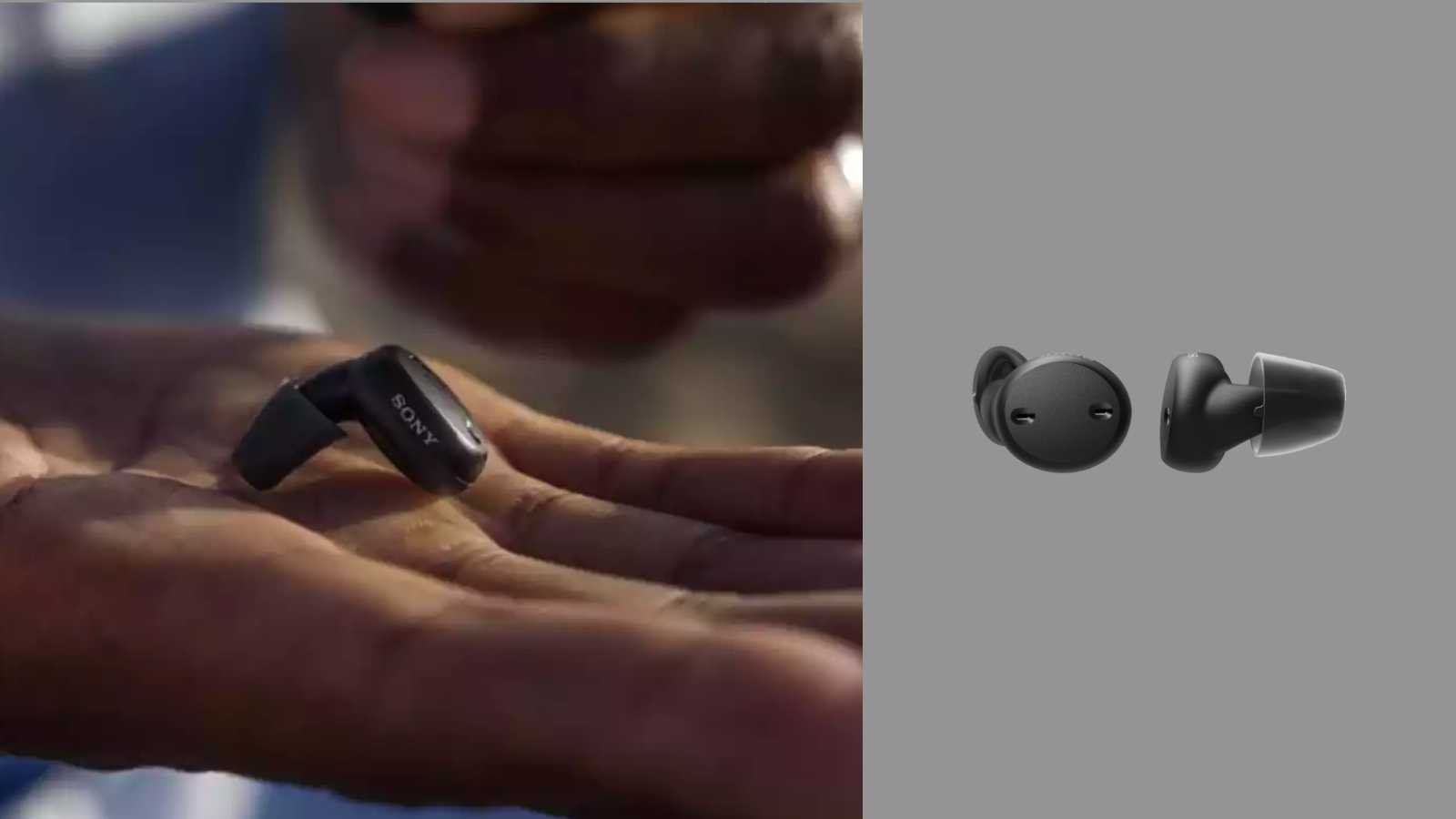
Sony jumped in on the hearables (and OTC hearing aid) trend in late 2022. The iconic brand teamed up with WS Audiology (the second-largest hearing company in the world) to co-create its products.
Sony's CRE-E10 comes in a headphone-like design, rechargeable batteries and Bluetooth streaming (currently only available for iOS).
This hearing aid offers prescription-grade sound quality controlled through your smartphone at home. Sony's hearing aids were released in mid-October, so there are few reviews of the product, but we expect CRE-E10 to be a leading consideration among people looking for a headphone/hearing aid hybrid.
- The Reason Sony CRE-C10 Makes This List: Sony is the 3rd largest headphone maker in the world, so a hearable from them gets my attention.
- Style: Earbud / hearing aid hybrid (registered as an OTC hearing aid)
- Bluetooth Capabilities: Only connects to iOS at this time. Android connection is planned for the future.
- Price: $1,299 for a pair
#3. Airpods Pro 2
Hearing Support With Adaptive Transparency
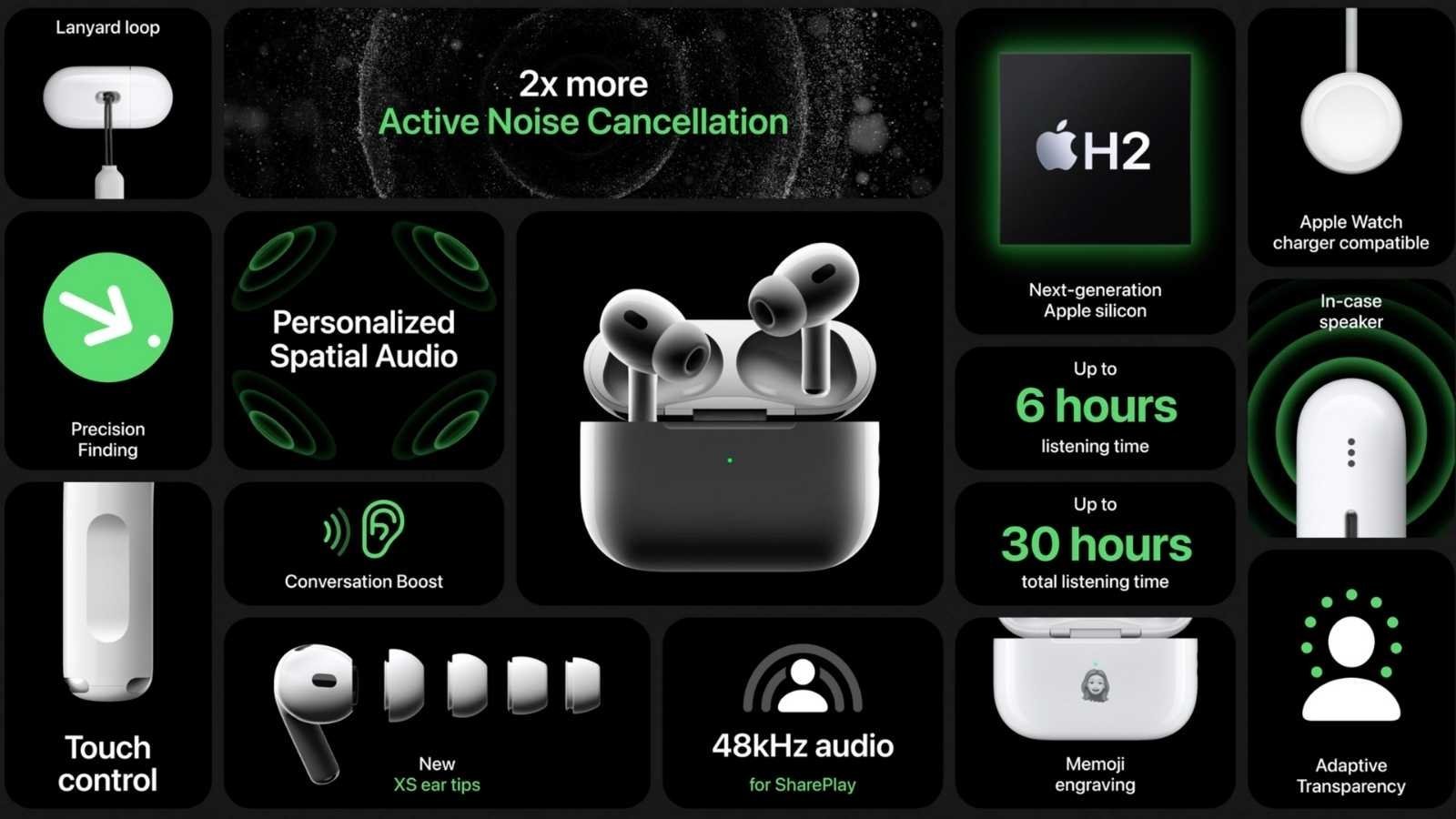
Apple’s second generation pro version of AirPods came with some exciting updates to transparency mode. Adaptive transparency mode uses a built-in microphone (similar to hearing aids) to pick up sounds from around you and amplify them into your headphones.
You can take a hearing test using the Mimi Hearing app and upload your audiogram to your iPhone. The new feature set marks an exciting landmark since anything Apple touches will likely get lots of R&D and result in significant innovation.
As it stands today, AirPods pro can’t compete directly with traditional hearing aids. Still, if you are interested in purchasing a pair of AirPods anyway, the transparency feature is worth a try. You can see a full explainer on how the Apple AirPods pro feature works in the video below.
- The Reason Airpods Make This List: Apple is the best in the world at hardware. AirPods are beautiful, simple to use, and offer top-quality headphone sound. This new feature makes them an exciting experiment for those with hearing loss.
- Style: Earbud (not registered as an OTC hearing aid)
- Bluetooth Capabilities: Best for iOS devices.
- Price: $299 a pair
Read More About Airpods Hearable Features Here
#4. HP Hearing Aids (coming soon)
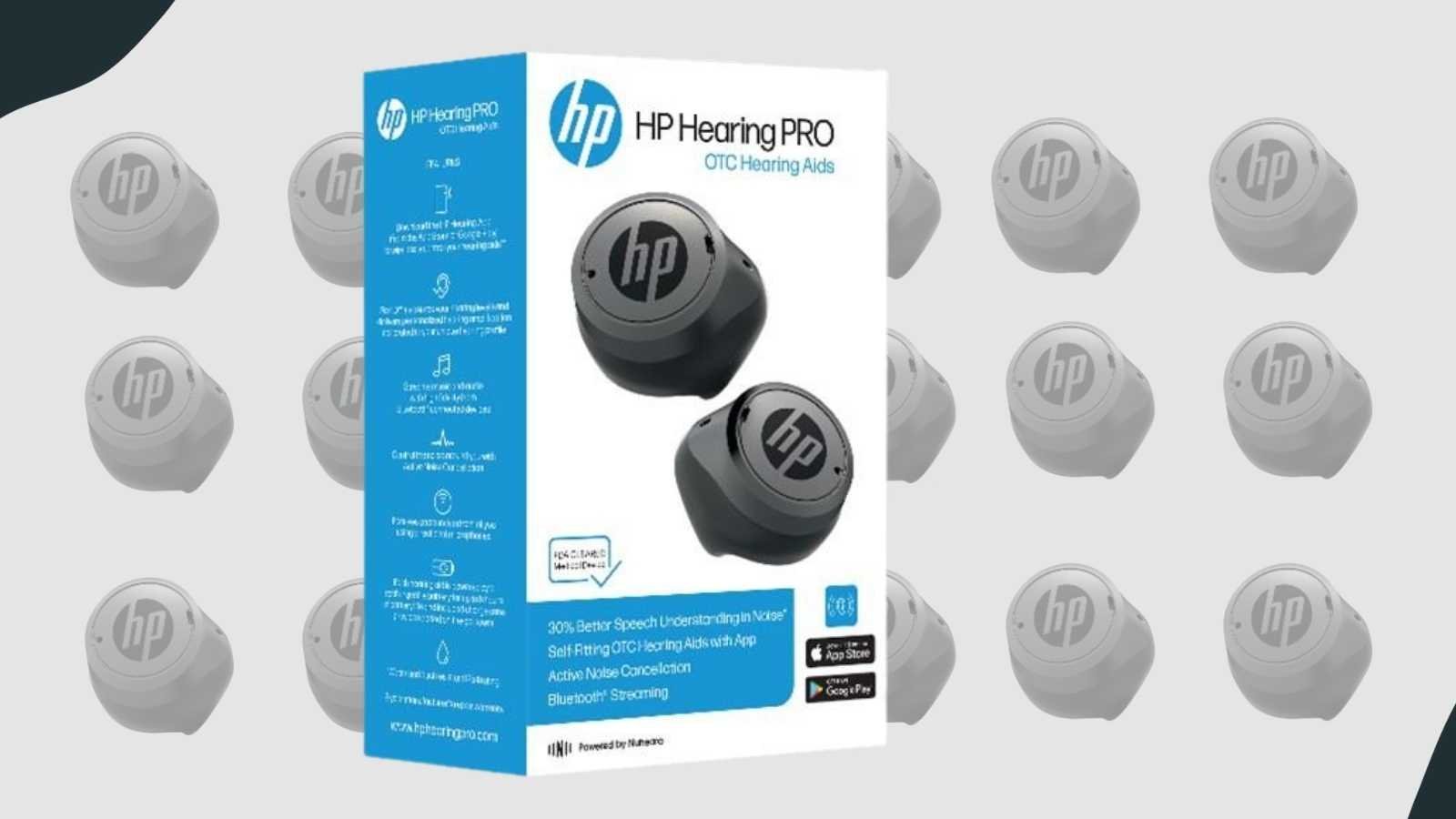
In late 2022 HP and Nuheara announced a plan to release an OTC hearing aid with Bluetooth capabilities and hearing enhancement. The product will be based on Nuheara’s existing line but will come with increased customization and improvements for processing background noise.
Time will tell where HP hearing aids fit in the hearable market, but with a powerful brand like Hewlett Packard in the mix, I expect good things.
Hearables On the Border
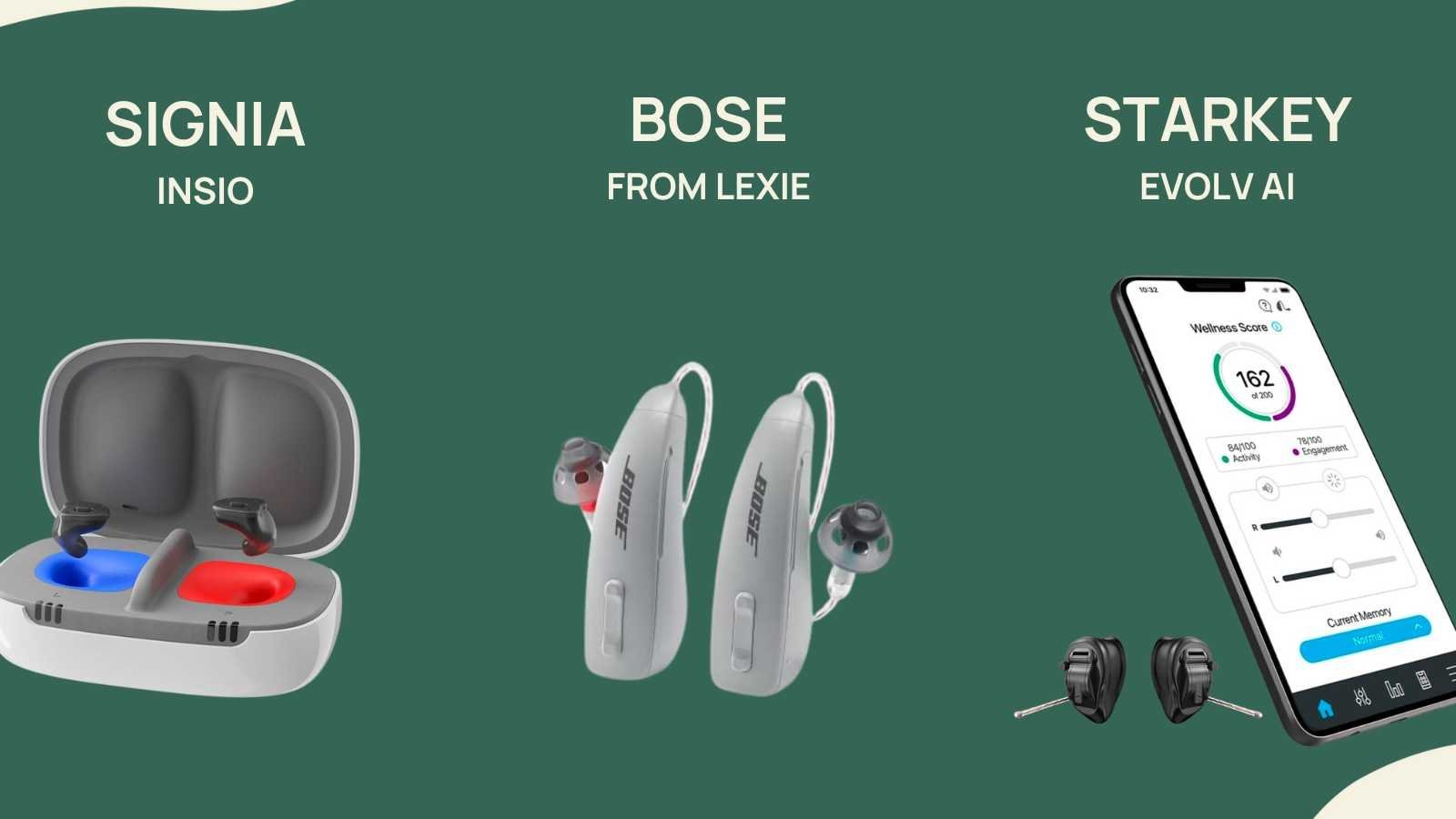
As you can see, the hearables/hearing aid market isn't well defined. That' puts some brands on the border between traditional hearing aids and hearables.
A few brands that fit this description:
Lexie B2 Powered By Bose is a self-fit, rechargeable hearing aid from an iconic consumer electronics company. B2 doesn't come with Bluetooth streaming or an earbud design.
Starkey Genesis AI is packed with hearable-like features including Bluetooth connection, fall detection, and fitness tracking. Starkey Evolv AI is easily one of the most intelligent hearing aids on the market, but it requires a doctor's prescription and professional programming.
Signia Insio looks like an earbud and streams audio from iPhone and Android. Like Starkey, though, Insio requires an audiologist for prescription and programming.
Final Thoughts
The term "hearables" may fade as OTC hearing aids grow in popularity and traditional hearing aids add consumer electronics features like Bluetooth and fitness tracking.
For now, I'm glad the term is hanging around. It serves as a reminder that hearing aids are more intelligent and flexible than ever.

